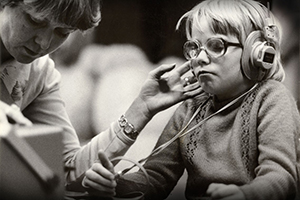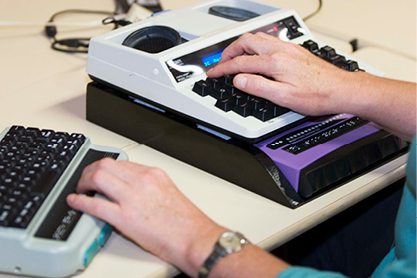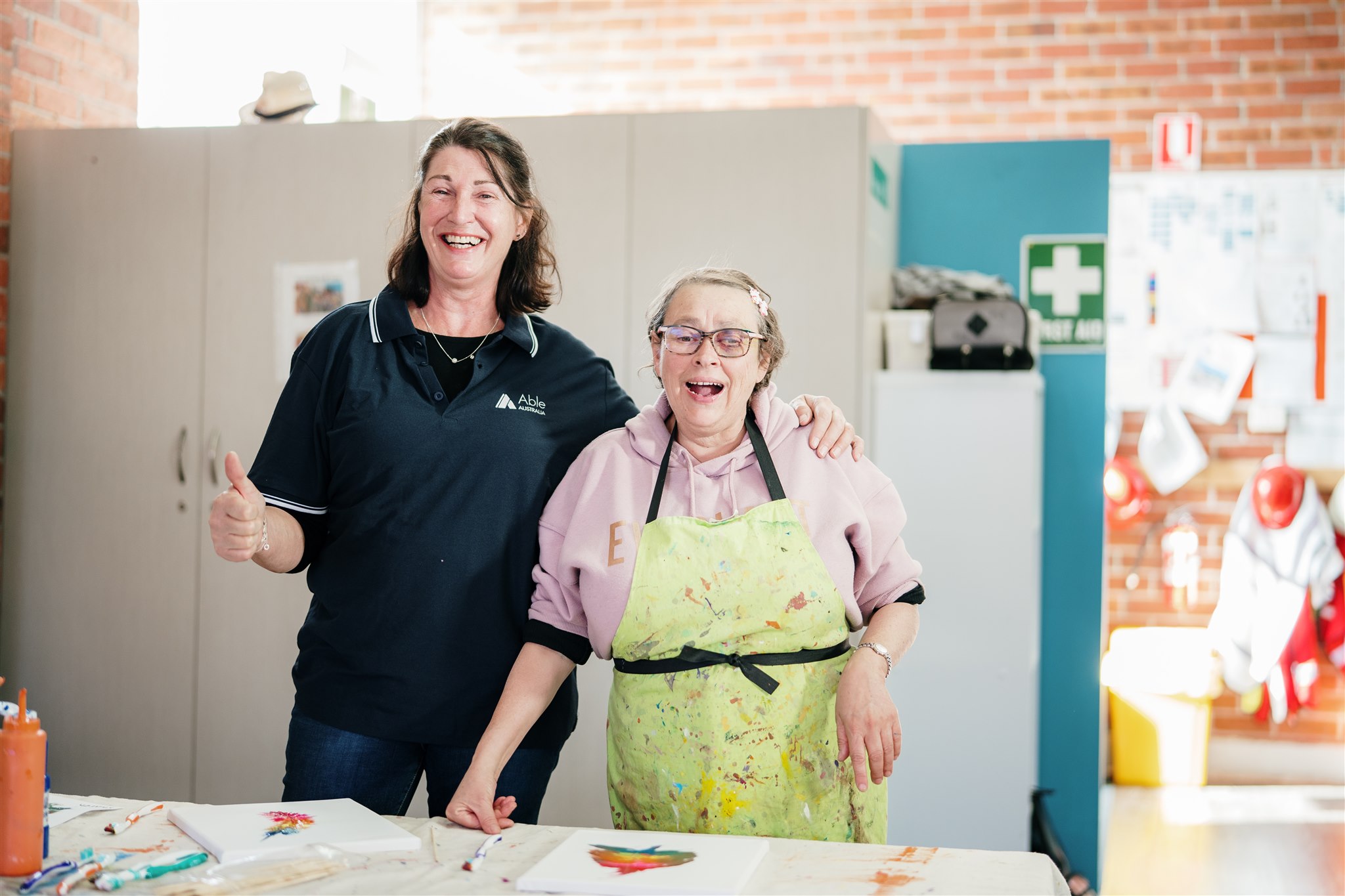
Our History
Established over 50 years ago, Able Australia formerly the Deafblind Association is a diverse not-for-profit organisation offering a broad range of disability services.


The 60s.
In the 1940s and 50s large Rubella epidemics led to the birth of many children with serious disabilities; the most severe being deafblindness. Dr David Pitt, then Paediatrician at the Children’s Cottages in Victoria, challenged the notion that deafblindness also implied an intellectual disability.
In 1962, Dr Pitt gathered a group of 10 parents of deafblind children whom he felt had unrecognised potential.
Eddie Keir, Chief Audiologist at the Royal Children’s Hospital, was also working with a separate group of Rubella families.
In 1967, at the instigation of Dr Pitt, the families of both groups came together, leading to the legal registration of ‘The Victorian Deaf Blind and Rubella Children’s Association’.
The 70s
In the 70s the association continued to thrive with the opening of a residential facility and Special Education Centre in Kew, Victoria.
The association also directed its efforts towards providing group homes for long-term residential care and through fundraising was able to provide more resources to support people with deafblindness and multiple disabilities.


The 80s
During the 80s, group homes were opened in Glen Waverley, Moorabbin and Croydon to offer people with deafblindness greater independence in a safe and nurturing environment. In 1984, The Victorian Deaf Blind and Rubella Children’s Association changed its name to ‘The Deafblind Association’, to reflect the support it was now offering to all people with deafblindness, not just those affected by rubella.

The 90s.
The Deafblind Association continued to grow during the 1990s, thanks to the hard work of members, donors and clients.
By securing greater government funding, The Deafblind Association launched the Recreation and Community Support programs and opened group homes in Mitcham, Heidelberg and Bonbeach.

2000 and beyond.
Throughout the years our focus of extending the abilities of each individual has been our priority.
The specialised communication techniques which were developed for deafblind people are equally applicable to people with other multiple disabilities and our services developed to support clients with complex disabilities who also needed to maximise their communication abilities.
The Association changed its name from the Deafblind Association to ‘Able Australia’ in 2006 and extended services into Tasmania in 2006 and the ACT in 2011.
Today, we offer the following services:
- Supported Independent Living
- Specialist Disability Accommodation
- Community Participation
- Deafblind Services
- Day Programs
- Community Programs
- Positive Behaviour Support
- Allied Health Services
Committed to our values of trust, respect, excellence and kindness, we strive to provide the best quality care in long term partnership with our clients and their loved ones.



Please contact us or call us on 1300 225 369 to enquire about our services.




